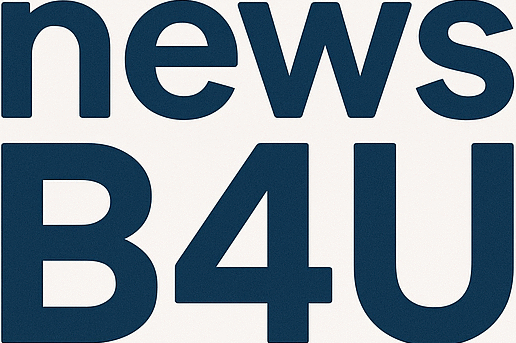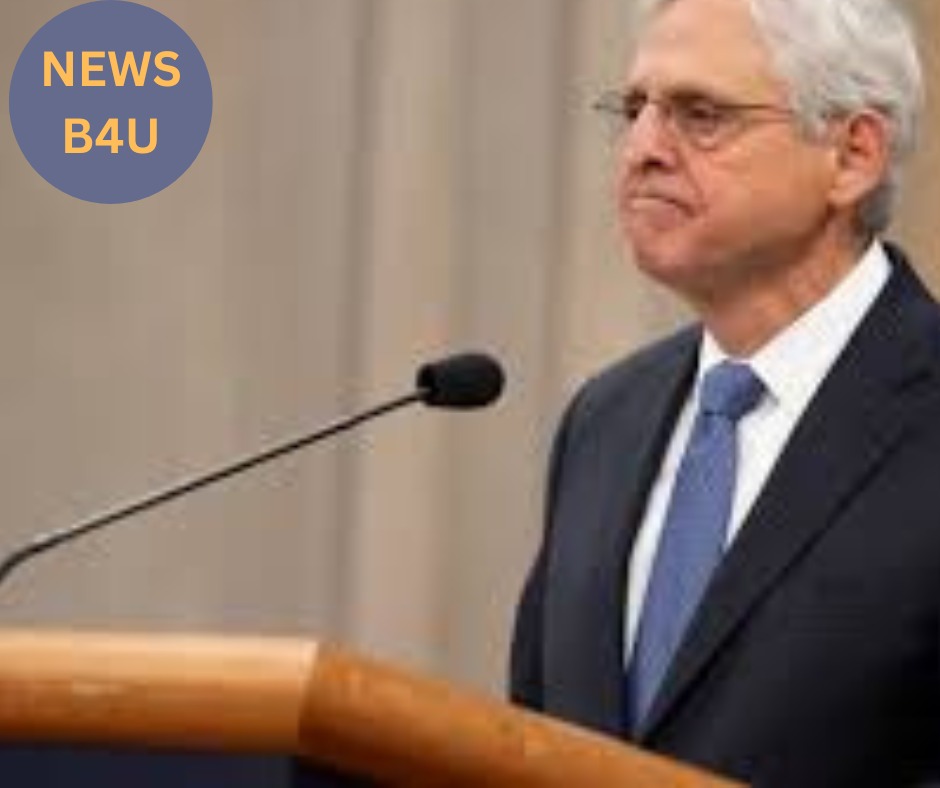Justice Department amid controversy, criticism from both parties, and questions about his legacy. Explore what led to this moment and what it means for the future.
Merrick Garland Exits: Legacy Under Fire as Justice Department Faces Upheaval
Merrick Garland, President Biden’s pick for attorney general in 2021, came into office with one clear mission: restore trust in the Justice Department. After four years of chaos under Donald Trump, Garland wanted to lower the political heat and return the DOJ to a more neutral, respected role in government.
But it didn’t go according to plan.
Today, as Garland walks away from the Department of Justice (DOJ), the agency is again in political crosshairs. Critics from both parties are pointing fingers. Some say he didn’t do enough. Others claim he went too far. His departure marks the end of a complex chapter in American legal and political history. 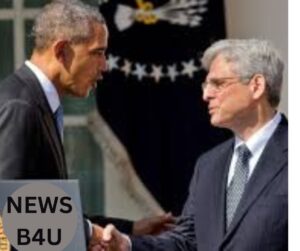
The Trump Cases: Too Little, Too Late?
The DOJ’s prosecution of Trump faced multiple delays. The classified documents case eventually collapsed. The January 6 case is now stalled due to a Supreme Court ruling that gave Trump broad immunity as a former president.
Many believe Garland waited too long to act.
Legal experts say that if charges had come sooner, the trials could have concluded before the 2024 election. Instead, delays allowed Trump to claim political persecution—and rally his base.
Inside the DOJ, prosecutors insisted they moved as quickly as possible. But in politics, perception often matters more than facts.
Hunter Biden and the Politics of Family
Garland also faced heat over how the DOJ handled Hunter Biden.
Republicans claimed the department gave him a pass. But Hunter was eventually convicted on federal gun charges and pleaded guilty in a tax case. Then, President Biden pardoned his son.
That move caught DOJ officials off guard. It also stirred criticism—just as Garland tried to protect the department’s reputation for impartiality.
Upholding the Institution—But at What Cost?
Garland came from a long career in law. A former chief judge on the U.S. Court of Appeals in Washington, he was once nominated to the Supreme Court by President Obama. But Senate Republicans blocked his confirmation.
He returned to public service with a goal: defend the Justice Department’s independence.
Garland never attacked career staff. He praised them. He avoided the political showmanship often seen in the Trump era. Inside the DOJ, many said morale improved under his leadership.
But critics say he failed to explain decisions clearly to the public. He rarely gave interviews. He didn’t fight back hard in the media when under attack.
His Farewell: A Warning to the Future
As he left the department, Garland delivered an emotional goodbye to his staff. He didn’t mention Trump by name. But he gave a clear warning.
He said the powers of a federal prosecutor can be used for justice—or abused for revenge.
“We must understand there is a difference between what we can do — and what we should do,” he told his team.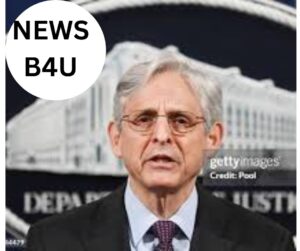
What Comes Next for the DOJ?
Garland is handing the DOJ back to Trump, who has already promised major changes.
Trump says he’ll clean house, target “deep state” officials, and possibly pardon January 6 rioters. His likely attorney general pick, Pam Bondi, is a loyalist. Critics fear the department could become a weapon for political payback.
Under Garland, more than 1,200 people were convicted for their role in the Capitol riot. That effort may now be undone.
The DOJ’s antitrust cases against Apple and Google? Their futures are uncertain.
Garland’s civil rights investigations into police abuse? Also at risk.
A Complicated Legacy
So, how will history judge Merrick Garland?
Supporters say he stayed true to principle, even under fire. They point to his respect for legal process, his refusal to be a political actor, and his efforts to restore trust in a broken system.
Critics argue he moved too slowly and failed to defend the DOJ in public. Some blame him for the current state of political chaos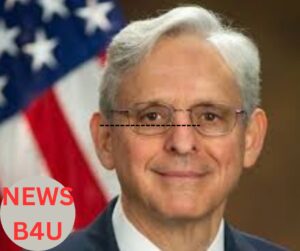 .
.
